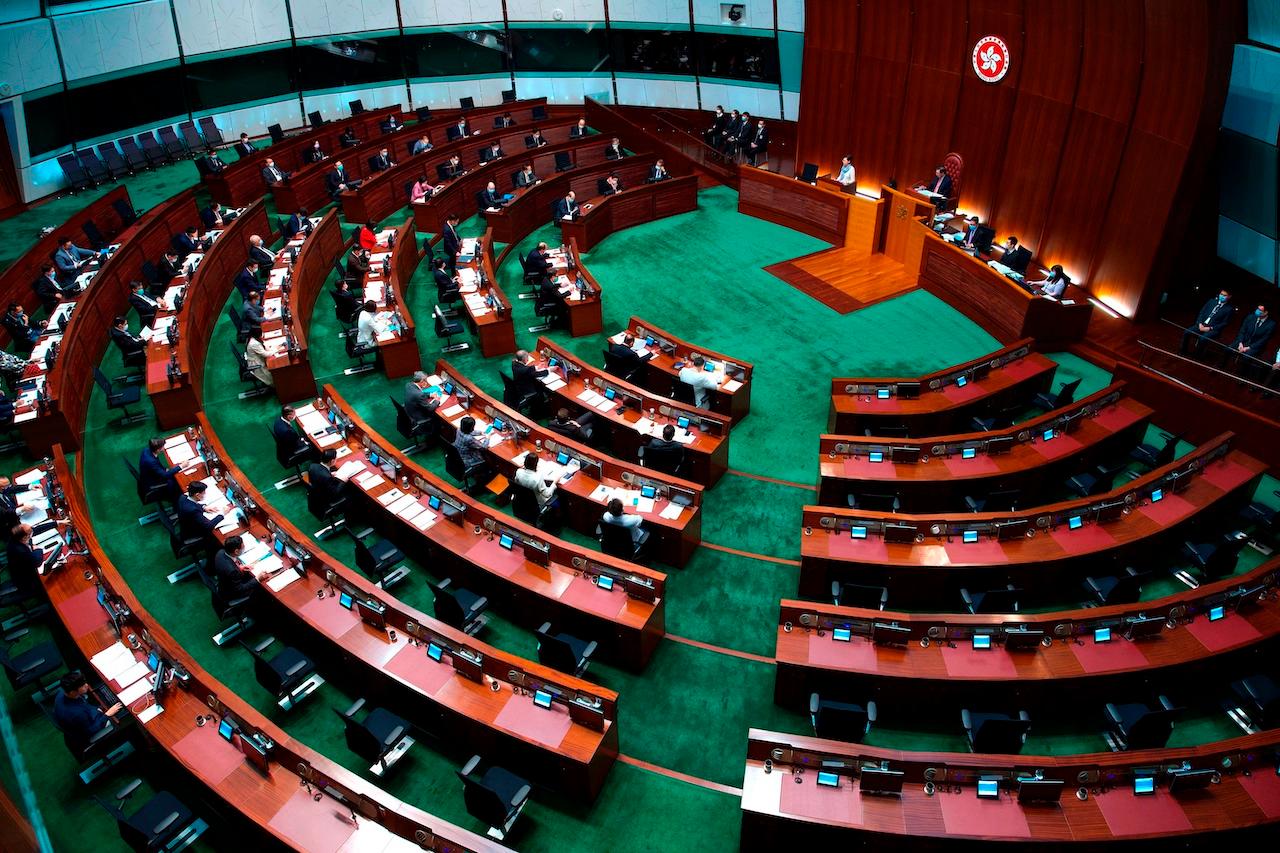Beijing approves electoral shake-up for Hong Kong
Chinese authorities have said the changes will ensure only 'patriots' run the city in future.
China has approved a sweeping overhaul of Hong Kong’s electoral system, drastically curbing democratic representation in the city as authorities seek to ensure “patriots” rule the global financial hub.
The measure was passed on Tuesday, Xinhua news agency is reporting.
It is part of Beijing’s efforts to consolidate its increasingly authoritarian grip over the former British colony and now China’s freest city, following the imposition of a national security law in June, which critics see as a tool to crush dissent.
The electoral restructuring was endorsed unopposed by the National People’s Congress Standing Committee, at the apex of China’s legislature, Xinhua reported.
As part of the shake-up, a powerful new vetting committee will monitor candidates for public office and work with national security authorities to ensure they are loyal to Beijing.
Chinese authorities have said the shake-up is aimed at getting rid of “loopholes and deficiencies” that threatened national security during anti-government unrest in 2019 and to ensure only “patriots” run the city.
The measures are the most significant overhaul of Hong Kong’s political structure since Britain returned it to Chinese rule in 1997 and will alter the size and composition of the legislature and electoral committee in favour of pro-Beijing members.
Beijing had promised universal suffrage as an ultimate goal for Hong Kong in its mini constitution, the Basic Law, which also guaranteed the city wide-ranging autonomy not seen elsewhere in mainland China, including freedom of speech.
However, analysts say the changes move Hong Kong in the opposite direction, leaving the democratic opposition with the most limited powers it has ever had since the handover, if any at all in actuality.
Since the security law was imposed, most pro-democracy activists and politicians have found themselves trapped by it, or arrested for other reasons.
Some elected legislators have been disqualified, with authorities calling their oaths insincere, while scores of democracy activists have been driven into exile.
In February, Xia Baolong, head of the Hong Kong and Macao Affairs Office of the State Council, China’s cabinet, said patriots would also resolutely oppose foreign interference in Hong Kong.
He said, those who violate the national security law, or challenge the leadership of the ruling Communist Party, are not patriots.
Subscribe to our newsletter
To be updated with all the latest news and analyses daily.
